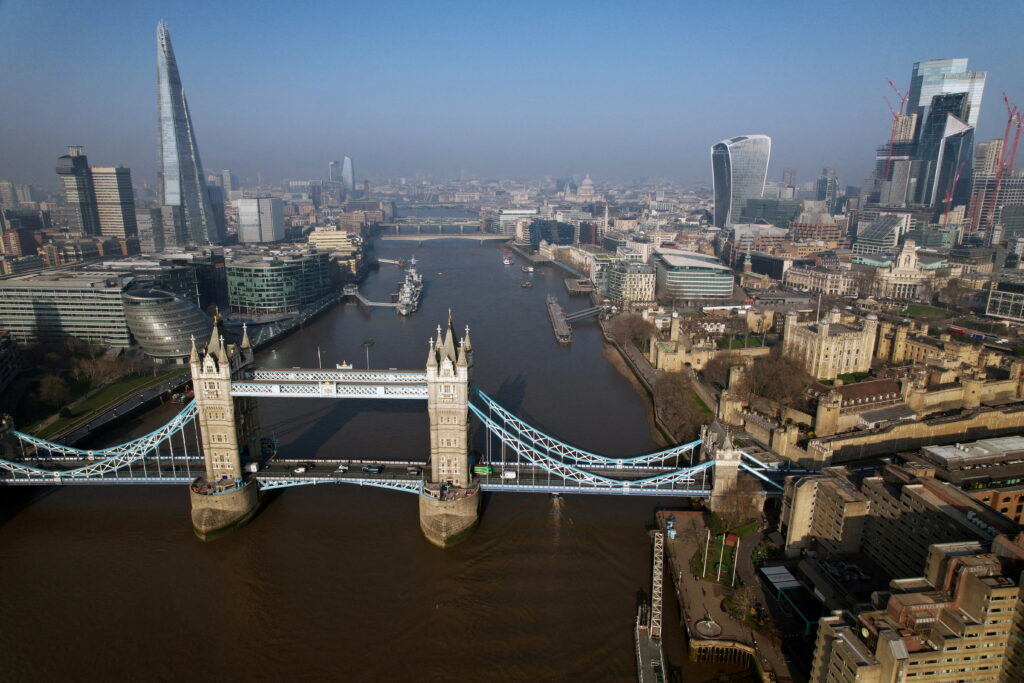(Reuters) – Britain remains on course to have the highest inflation of leading rich economies in 2023, according to Organization for Economic Co-operation and Development forecasts which showed the country’s inflation problem widening compared with most of its peers.
Britain’s headline inflation rate was set to average 7.2% over 2023, up from a previous forecast of 6.9% made by the OECD in June.
The fresh estimate represented the biggest upwards revision for any Group of Seven economy – apart from Japan – in the latest set of projections by the Paris-based think tank published on Tuesday.
It was also higher than Germany’s expected inflation this year of 6.1% and France’s 5.8%, both of which represented cuts from the OECD’s June forecasts.
Prime Minister Rishi Sunak has promised to halve inflation by the end of this year before an expected election in 2024, meaning it would need to fall from about 7% now to around 5% in December compared with the same month last year.
The OECD’s updated projections – which suggested hitting that target will be a close-run thing – showed British inflation was set to slow to 2.9% in 2024, the same as France and slightly lower than Germany’s 3.0%.
“Today the OECD have set out a challenging global picture, but it is good news that they expect UK inflation to drop below 3% next year,” finance minister Jeremy Hunt said in a statement.
Britain’s high inflation rate has led the Bank of England to raise borrowing costs 14 times in a row since December 2021. It is expected to increase Bank Rate again to 5.5% from 5.25% on Thursday although economists and investors think that could prove to be the last hike of the BoE’s attempts to smother inflation risks in an economy that is showing signs of slowing.
The OECD said it expected Britain’s economy to grow by 0.3% in 2023, unchanged from its June forecast and the second-weakest performance among rich economies after Germany, before expanding by 0.8% in 2024, the joint weakest along with Italy.



